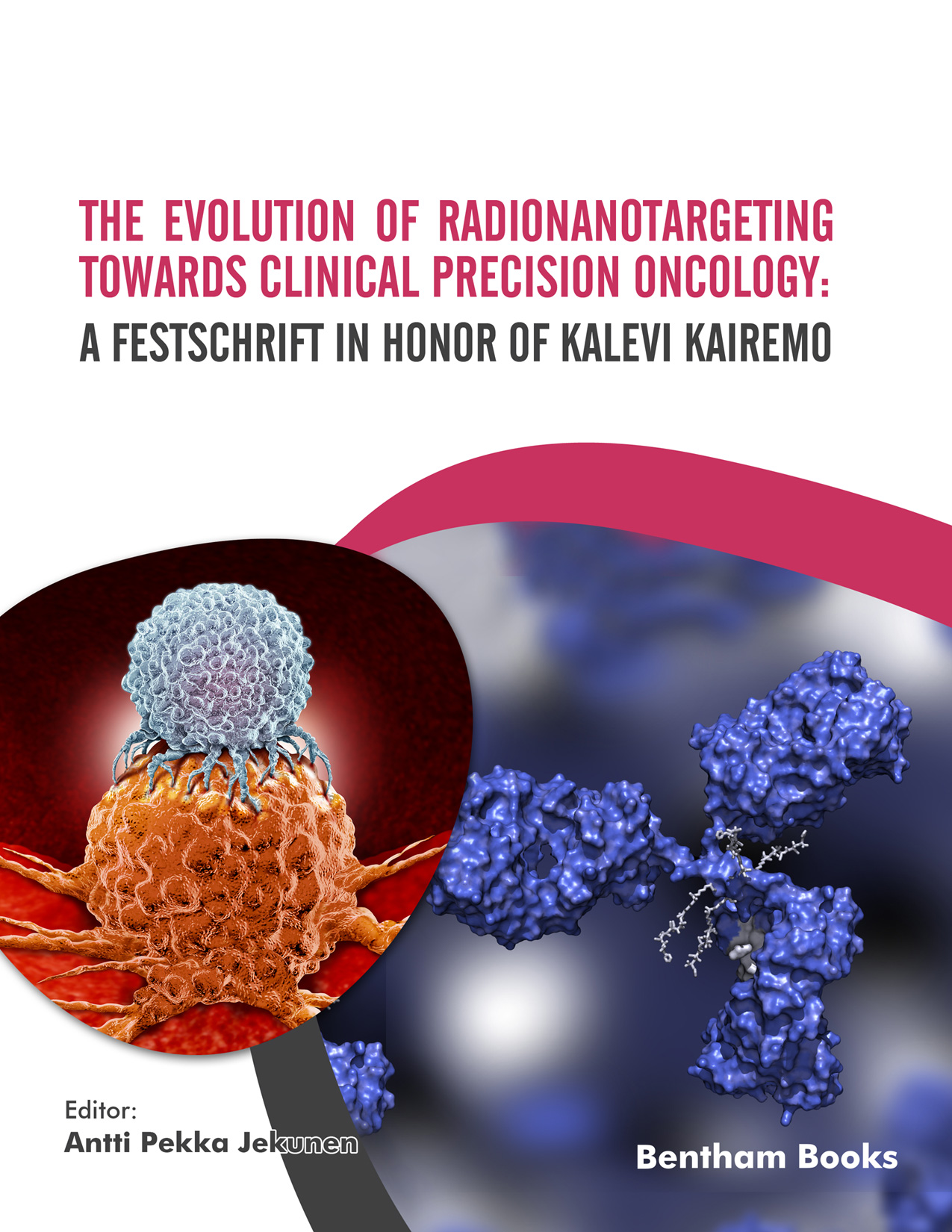Oncolytic Immunotherapy: From Spontaneous Regression to Development of Armed Gene Modified Viruses

- Authors: Akseli Hemminki1, Joao M. Santos2
-
View Affiliations Hide Affiliations1 Cancer Gene Therapy Group, Translational Immunology Research Program, University ofHelsinki, Finland | Helsinki University Hospital Comprehensive Cancer Center, Finland | TILT Biotherapeutics Ltd., Helsinki, Finland 2 Cancer Gene Therapy Group, Translational Immunology Research Program, University ofHelsinki, Finland | TILT Biotherapeutics Ltd., Helsinki, Finland
- Source: The Evolution of Radionanotargeting towards Clinical Precision Oncology: A Festschrift in Honor of Kalevi Kairemo , pp 282-294
- Publication Date: March 2022
- Language: English
Spontaneous regression of tumors, meaning the disappearance of clinically diagnosed tumors without treatment, is a relatively rare but well-established phenomenon. Many explanatory theories have been proposed, but currently, the strongest data support a role for microbial infection in inducing antitumor immunity, which then eradicates the tumor. For at least 4600 years, physicians have been attempting to take advantage of this phenomenon. Initially, bacteria or bacterial products were used for infecting tumors or cancer patients. Then, about a hundred years ago, the focus shifted to viruses. Initially, virulent wild-type (unmodified) viruses were used, but these caused many side effects. In the late 20th century, the generation of modified (recombinant) viruses became possible. Oncolytic viruses are replicationcompetent only in tumors. Initial modifications of the respective wild-type viruses focused on making them safer for clinical use, and the next step was increasing efficacy by arming with transgenes. The field of immunotherapy evolved to take advantage of immune cells directly in approaches such as dendritic cell therapy and adoptive T-cell therapy. It was also discovered that many T-cells are inhibited by tumors, and that they could be reactivated with checkpoint inhibitors. An unexpected finding relating to the gut microbiome ties together microbes, diet and the immune system. Cancer immunotherapy can already cure some patients, and rapid steps forward are expected to continue. Learnings from attempts of recreation of spontaneous regression have contributed to these developments in an important manner.
-
From This Site
/content/books/9781681088655.chap24dcterms_subject,pub_keyword-contentType:Journal -contentType:Figure -contentType:Table -contentType:SupplementaryData105

